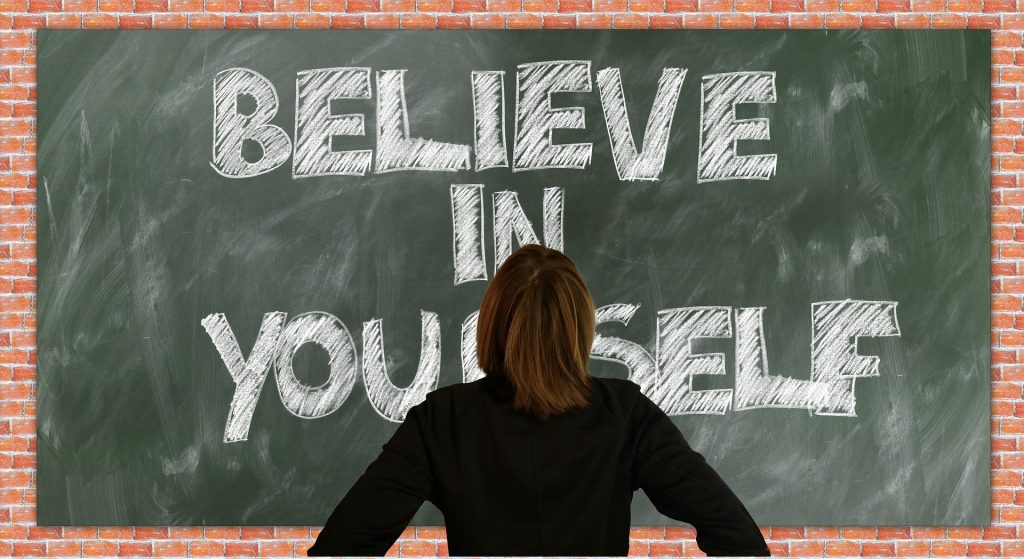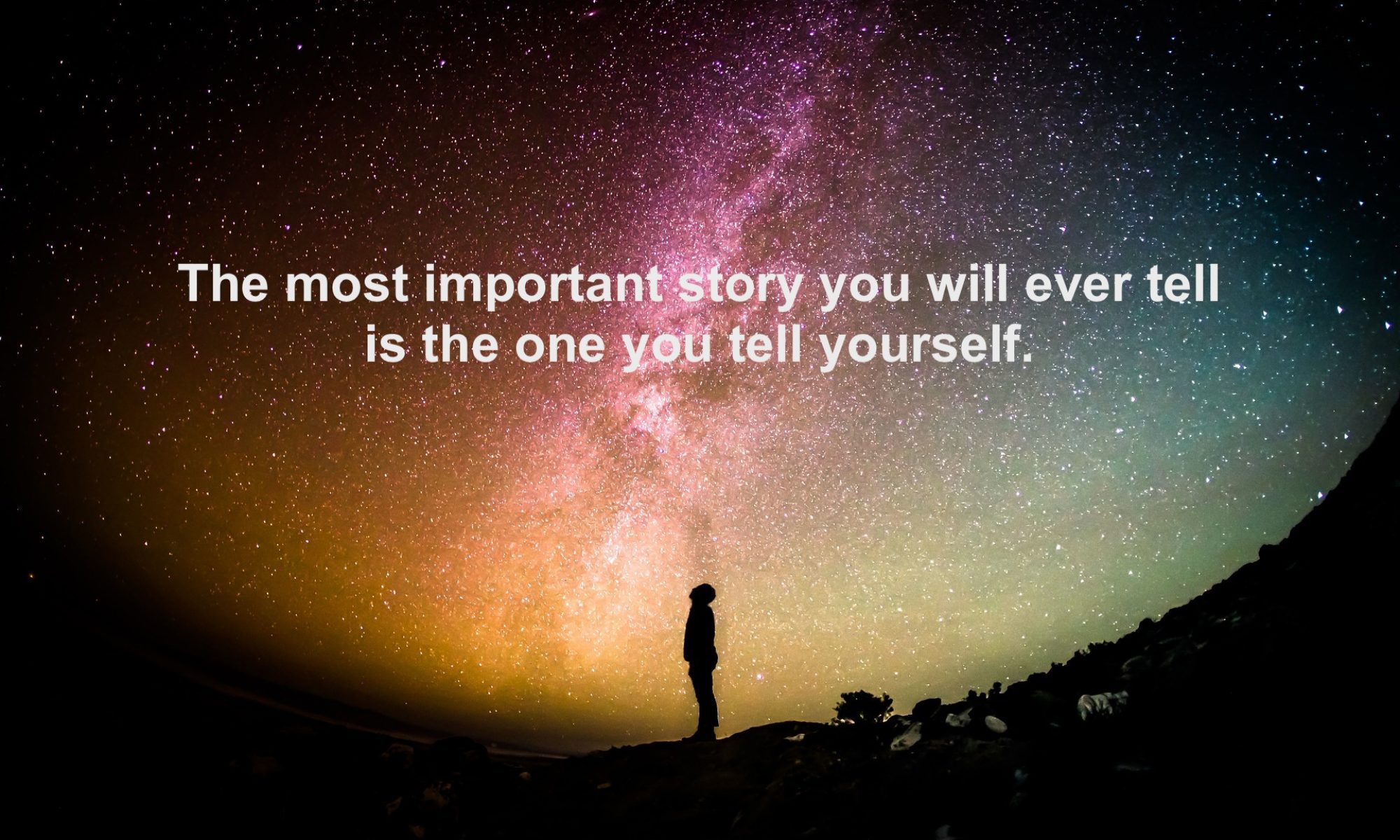How do I know if my inner story needs to be rewritten?
Chances are it does, it almost always does. You wrote it when you were five or six years old. At that time you didn’t know much about yourself, people, relationships, and the ways of the world. You misunderstood a lot of things you heard and incidents that happened to you. Some of these were foundational and formed maladaptive beliefs.
At the time you wrote your inner story it didn’t seem like there was a choice, it just was what it was. But later in life, with the benefit of perspective, additional experience, and the possibility of using other frames, anyone can rewrite their inner story in a more empowering narrative.
Does having a false inner story mean there is something wrong with me?
No, on the contrary, it is perfectly normal. With the possible exception of Buddha, most children are not that introspective. It doesn’t mean there is anything wrong with you, just that you’re living with an inner story that has some inaccuracies and does not serve you well. It’s like needing glasses—common, normal, and can be corrected so that you see clearly.
But being normal doesn’t mean there is no need to improve. The field of positive psychology arose for this very reason.
Traditional psychology deals with neurosis, psychosis, depression, and similar ills and attempts to “fix” the problem, usually with limited success. Positive psychology helps “normal” people become happier and lead richer lives.
Can I just take a happiness course instead? There’s a lot of that around now.
You might get some benefit from trying to learn how to be happier, but it will be difficult to change your mindset without rewriting your inner story. In fact, it may be your inner story that is telling you that you cannot or don’t deserve to be happy in the first place!
Can I rewrite my inner story myself?
Yes, it’s possible, but it’s not easy. First of all, you’re biased. Your false inner story wants to perpetuate itself and “protect” you from the threat posed by your new story and its inconvenient truths. It has been with you for a long time and wants to keep things as they are.
Second, the process has a lot of moving parts. It has to be approached systematically, step by step. Most people require some guidance for this, either from a coach or a carefully constructed program.
Finally, the process is different for everyone, especially the business of testing and internalizing your new story. Not everyone is able to develop the challenges and action steps needed to prove and reinforce your new story.
How is rewriting my inner story different from other self-improvement techniques?
Repeating affirmations, trying to change your mindset, practicing new behaviors, and other self-help techniques will not work if they only scratch the surface. If your inner story is not aligned with your new beliefs and behaviors they will not take hold. It would be like hanging new wallpaper over a rotting structure. For lasting change you must address the root of the problem and rebuild from the foundation. Changing your story can change you and your life.
How long does the process take?
It varies greatly. Several weeks or a few months minimum, some may take many months or years. Many people never internalize their new narrative unless they have a dedicated accountability partner or coach. After all, your old story has a strong hold on you and won’t go without putting up a fight—it thinks it’s there to protect you!
Is this some kind of personal branding?
Not at all. A brand is a promise made to someone else, such as a customer or other stakeholder. It is something you tell others about who you are and what you can do. Your inner story is what you tell yourself. It is far more important than a personal brand.















